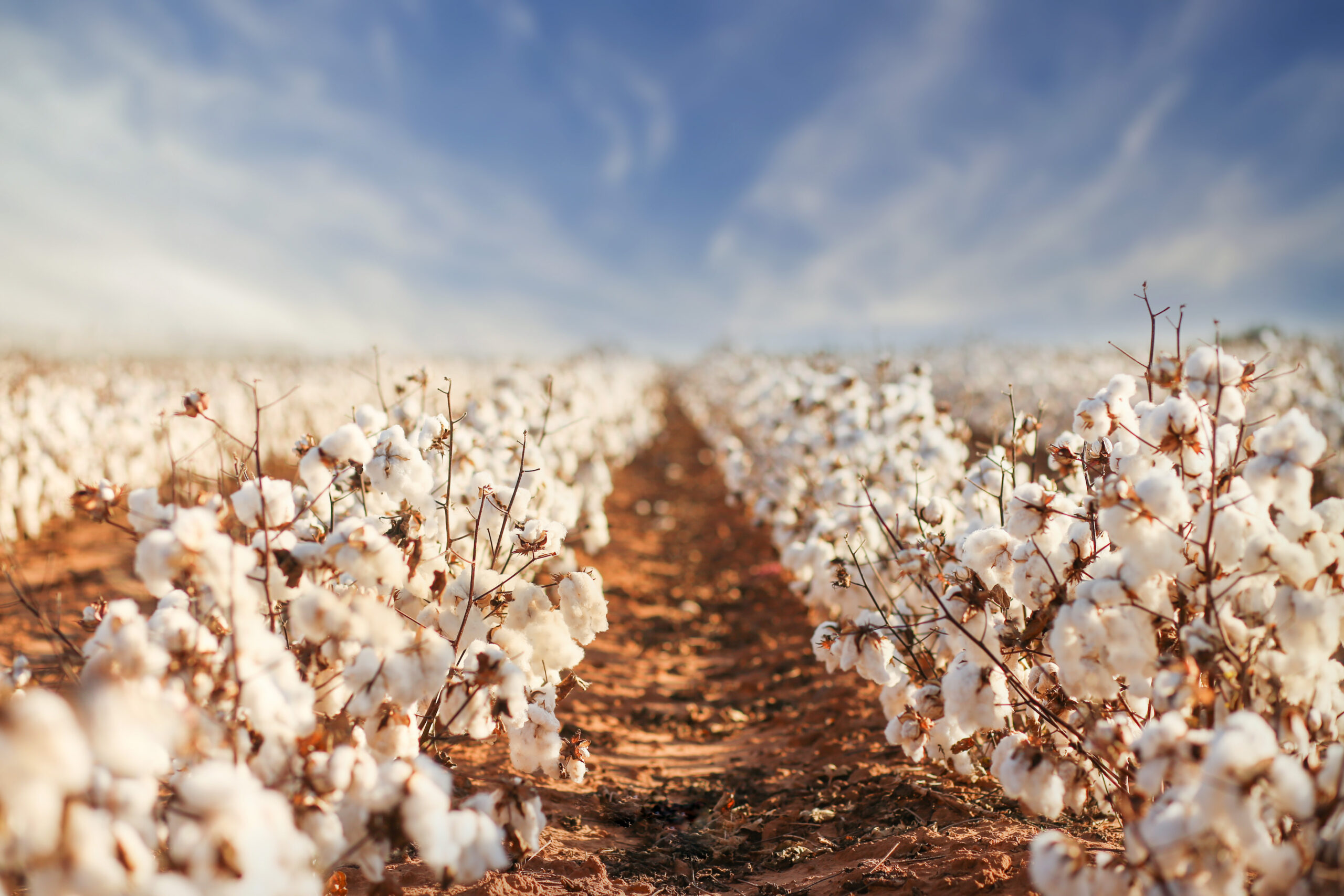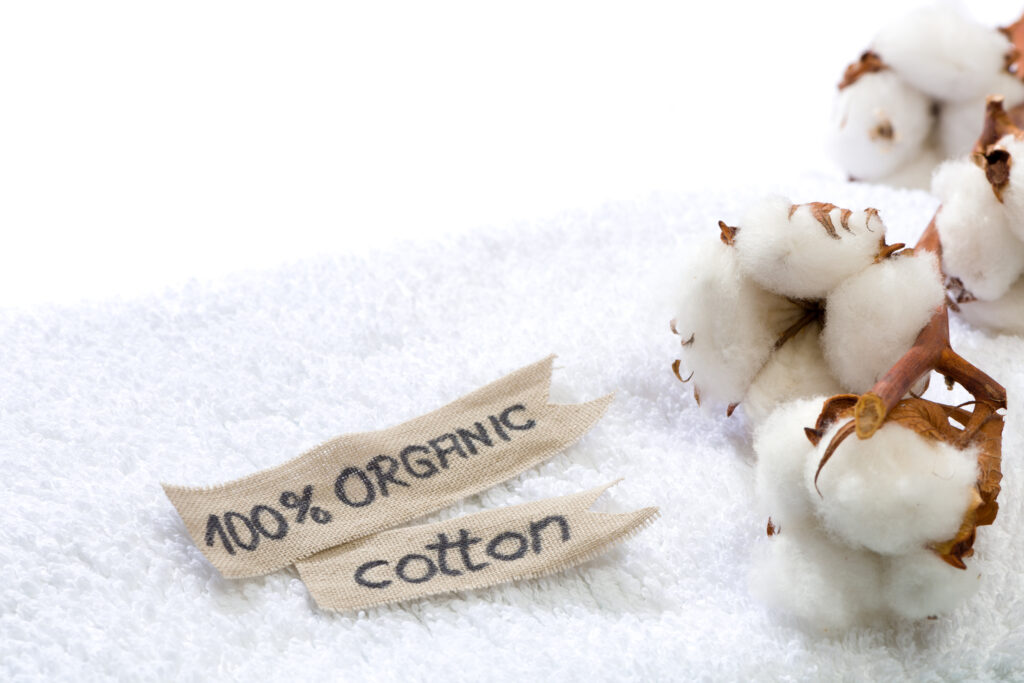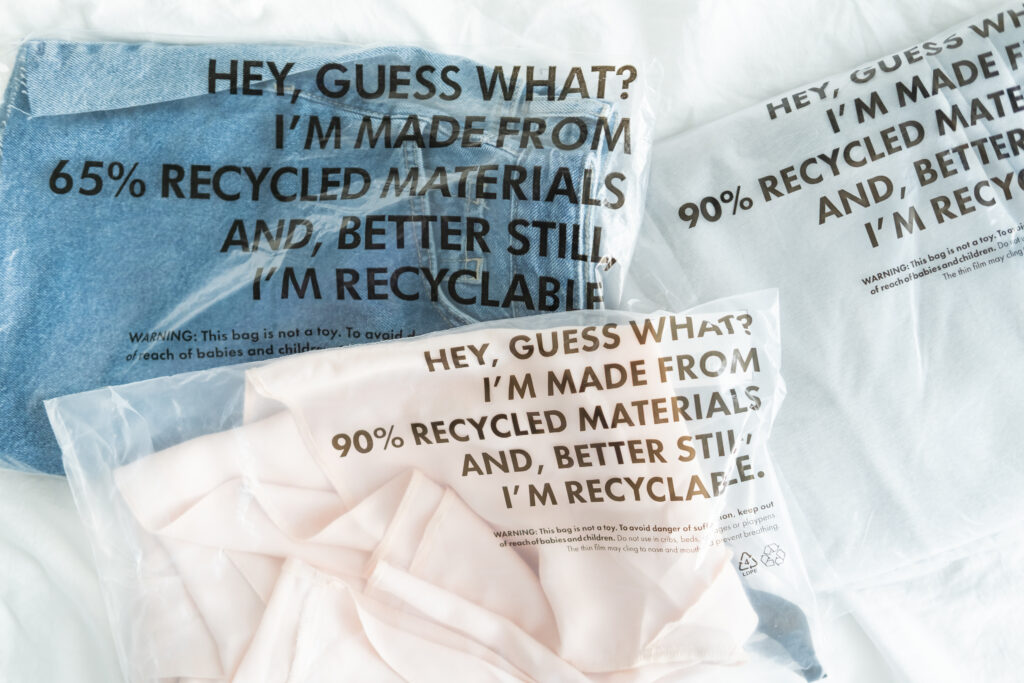Sustainable Fabrics: Exploring Eco-Friendly Alternatives for a Greener Wardrobe
Andrew O’Shea / 11:00 AM EST•April 29, 2023
Introduction
The fashion industry has a significant environmental impact, with the production and disposal of clothing contributing to pollution, resource depletion, and waste. One way to mitigate these issues is by choosing sustainable fabrics that have a lower ecological footprint. In this blog post, we will discuss the environmental impact of various fabrics used in clothing and highlight sustainable alternatives, such as organic cotton, bamboo, and hemp.
The Environmental Impact of Traditional Fabrics

Conventional Cotton
Cotton is a popular fabric due to its softness and breathability. However, conventional cotton production involves high water consumption, extensive use of pesticides and fertilizers, and the emission of greenhouse gasses. These practices contribute to soil degradation, water pollution, and climate change.
Synthetic Fibers
Synthetic fabrics, such as polyester, nylon, and acrylic, are derived from non-renewable fossil fuels. These materials do not biodegrade easily and can release microplastics into the environment during washing, causing pollution in oceans and other waterways.
Sustainable Fabric Alternatives

Organic Cotton
Organic cotton is a more eco-friendly alternative to conventional cotton, as it is grown without the use of harmful chemicals and requires less water. Organic cotton farming practices also prioritize soil health and biodiversity, resulting in a more sustainable and environmentally friendly fabric.
Bamboo
Bamboo is a fast-growing, renewable resource that can be transformed into a soft, breathable fabric. It requires minimal water and no pesticides to grow, making it an eco-friendly choice. Additionally, bamboo fabric has natural antimicrobial properties, making it an excellent option for activewear and undergarments.
Hemp
Hemp is another sustainable fabric alternative, as it is a low-impact crop that requires little water, no pesticides, and minimal fertilizers. Hemp fibers are strong and durable, resulting in long-lasting garments that can be worn for years. The cultivation of hemp also benefits the soil by improving its structure and preventing erosion.
Tencel™ (Lyocell)
Tencel™ is a sustainable fabric made from wood pulp, primarily sourced from eucalyptus trees. The production process uses a closed-loop system, meaning that water and solvents are continuously recycled, reducing waste and pollution. Tencel™ is soft, breathable, and biodegradable, making it an environmentally friendly option for clothing.

Recycled Fabrics
Recycled fabrics, such as recycled polyester or nylon, can help reduce the environmental impact of clothing production by repurposing existing materials. Using recycled fabrics helps conserve resources, reduce waste, and lower greenhouse gas emissions associated with the production of new synthetic fibers.
Choosing Sustainable Fabrics
When selecting sustainable fabrics, consider the following factors:
- Resource Consumption
Opt for fabrics that require fewer resources, such as water and energy, to produce. For example, choose organic cotton over conventional cotton or bamboo and hemp over synthetic materials.
- Chemical Use
Choose fabrics produced without harmful chemicals, such as pesticides, fertilizers, or toxic dyes, which can have negative environmental and health consequences.
- Durability
Invest in durable fabrics that will last longer and require less frequent replacement. This not only reduces waste but also lowers your overall environmental impact.
- Certifications
Look for certifications like GOTS (Global Organic Textile Standard) or OEKO-TEX, which ensure that the fabric has been produced according to strict environmental and social standards.
Conclusion
Choosing sustainable fabrics for your wardrobe can significantly reduce your environmental impact and support a greener fashion industry. Opt for eco-friendly alternatives like organic cotton, bamboo, hemp, Tencel™, or recycled materials to minimize resource consumption and chemical use in garment production.
About Presso
Presso is an Atlanta-based, AI-Robotics company harnessing the power of technology to create the first line of on-demand, energy-efficient, express garment care machines.

